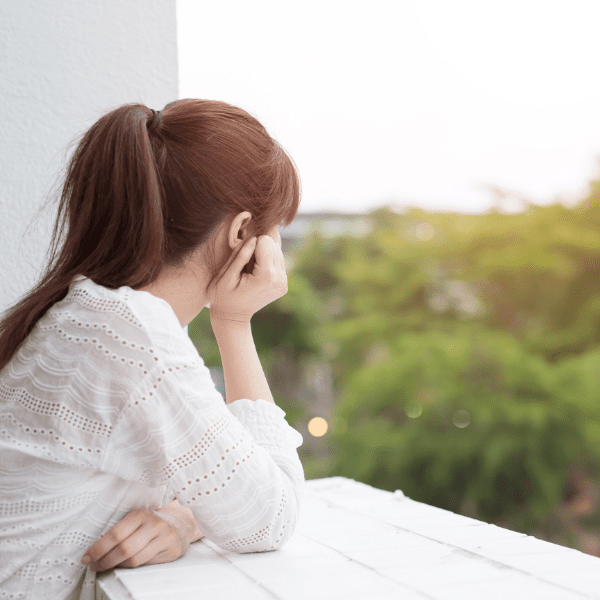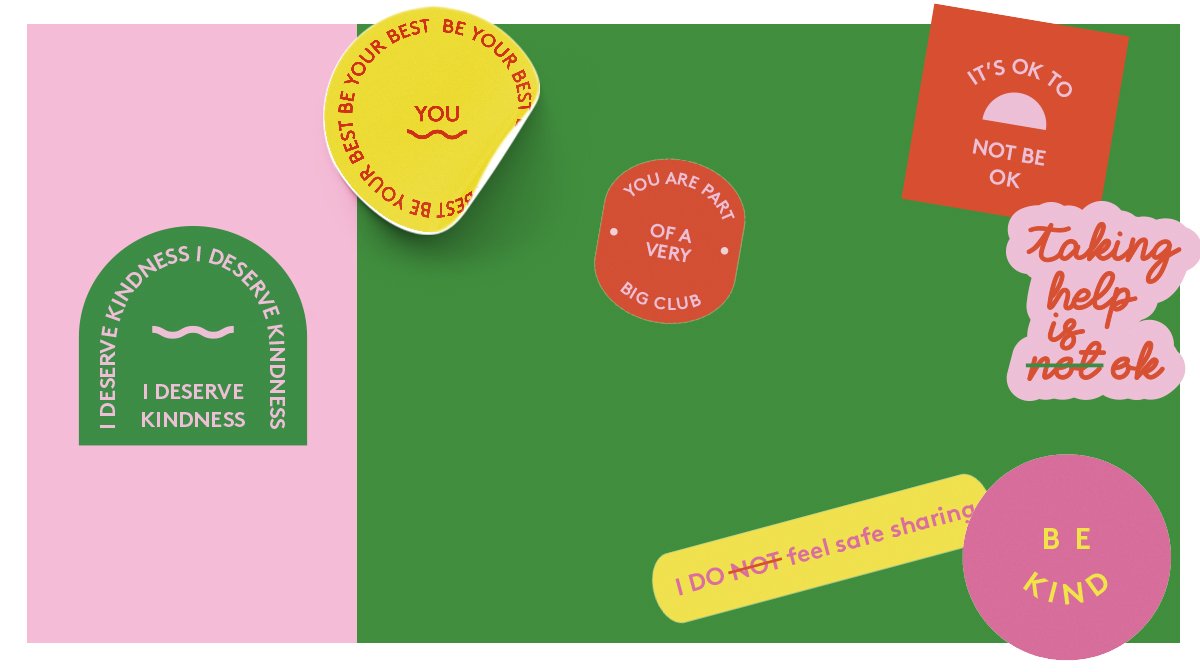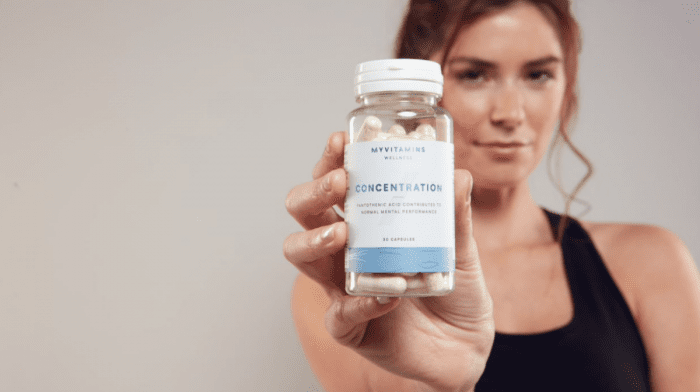Anxiety and depression are two of the most common mental health illnesses, with an estimated 1 in 6 people in the UK affected by one of them. (1) When left untreated, these can seriously impact quality of life and mental wellbeing. This article will explain the causes, symptoms and treatment options for these conditions.
What Is Anxiety?
Anxiety is a common mental health disorder that manifests in a general feeling of unease and excessive fear. Its symptoms can vary in intensity, from mild anxiety that can be controlled, to intense feelings of fear which affect your quality of life. Other symptoms include:
- Hyperventilation (rapid breathing)
- Trembling
- Having an impending sense of doom
- Feeling weak and tired
- Inability to concentrate or control worry
- Difficulties sleeping
- Gastrointestinal (GI) issues
Anxiety can also show itself in our sleep habits. Find out more in this article:
Causes Of Anxiety
There are multiple causes of anxiety. One of them is a chemical imbalance of neurotransmitters in the brain, such as like serotonin and noradrenaline. In some people, anxiety can have a genetic component. Studies show that individuals who have a family history of mental illness are 5 times more likely to suffer from anxiety. (2) On the other hand, upbringing, adverse childhood events or trauma can also increase the chances of someone experiencing anxiety in their adulthood.

What Is Depression?
Depression is a serious mental illness that affects how someone generally feels. It manifests in persistent low mood, sadness, lack of motivation, and loss of interest in activities previously enjoyed. Depressed individuals find it difficult to accomplish daily tasks, concentrate, or socialise as they used to. Other common signs are:
- Decrease or increase in food appetite
- Intense feelings of hopelessness and helplessness
- Loss of energy
- Unexplained aches and pains
- Irritability and anger
Causes Of Depression
Researchers believe that it is caused by a combination of biological, genetic, and environmental factors. (3) For example, depression can be caused by brain activity, a dysfunctional relationship or job, as well as previous traumas and negative events.
Treatment
Anxiety and depression can be managed and treated with appropriate mental health interventions, self-care practices, and, in more severe cases, medical treatment. If your symptoms are only mild, there are things you can do to improve your well-being.

1. Self-Care Practices
- Staying physically active – This is shown by research studies to aid in the improvement of mental health. 4
- Having a support network – People who are connected to their loved ones are more mentally resilient in the face of mental illness.
- Following a healthy, nutritious diet – This should include adequate amounts of healthy protein, whole carbs, fresh fruit and vegetables, and fatty fish.
- Incorporating wellness practices into your routine – These include mindfulness meditation, breathing exercises, stretching or going out into nature.
2. Therapy
If you struggle with depression or anxiety, you can also benefit from psychological treatment. (5) Qualified mental health professionals like psychotherapists, counsellors, and mental health nurses can help you in identifying the root causes of your symptoms. They might also design a tailored intervention plan to help you reduce the intensity of your depression and anxiety.
3. Medication
It is worth keeping in mind that seeking medical treatment for your mental health issues sometimes can be the right thing to do. Your general practitioner can assess your symptoms and, in more severe cases, suggest a course of medication to help you cope with depression or anxiety. Medication can be part of a wider treatment plan besides therapy and self-care practices, so do not be afraid to consider this option as well.
4. Mental Health Charities
If you need a listening ear, be sure that there are resources available for you. Many charities and support lines now offer options for children, teenagers and adults to seek counselling in times of crisis. Mind and Mental Health UK have local services specialising in supporting people with mental health struggles.
Summary
Depression and anxiety can affect anyone. Because of this, it is crucial to have some preventive measures in place. Mild symptoms can be supported by regular exercise, a healthy diet, and adequate relaxation routines. If you are concerned about the mental health of yourself or a loved one, contact a medical professional for advice.
- https://www.mind.org.uk/information-support/types-of-mental-health-problems/statistics-and-facts-about-mental-health/how-common-are-mental-health-problems/
- https://www.nimh.nih.gov/health/topics/anxiety-disorders
- https://www.health.harvard.edu/mind-and-mood/what-causes-depression
- https://www.ncbi.nlm.nih.gov/pmc/articles/PMC1470658/
- https://www.webmd.com/mental-health/mental-health-psychotherapy









